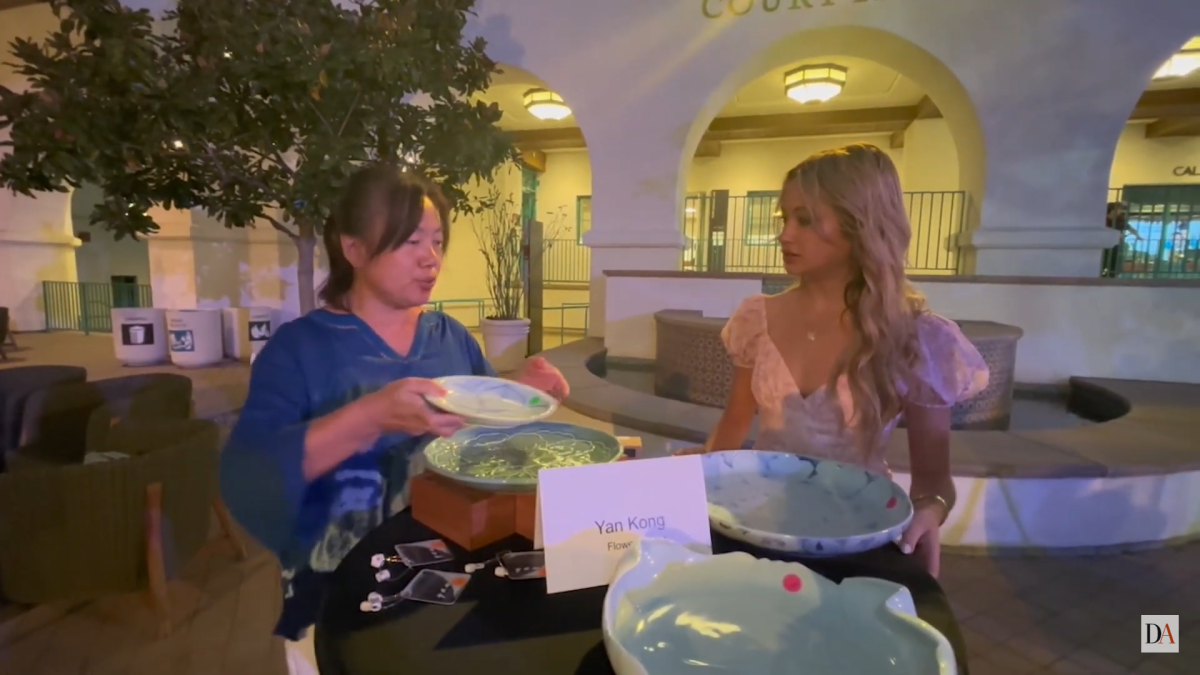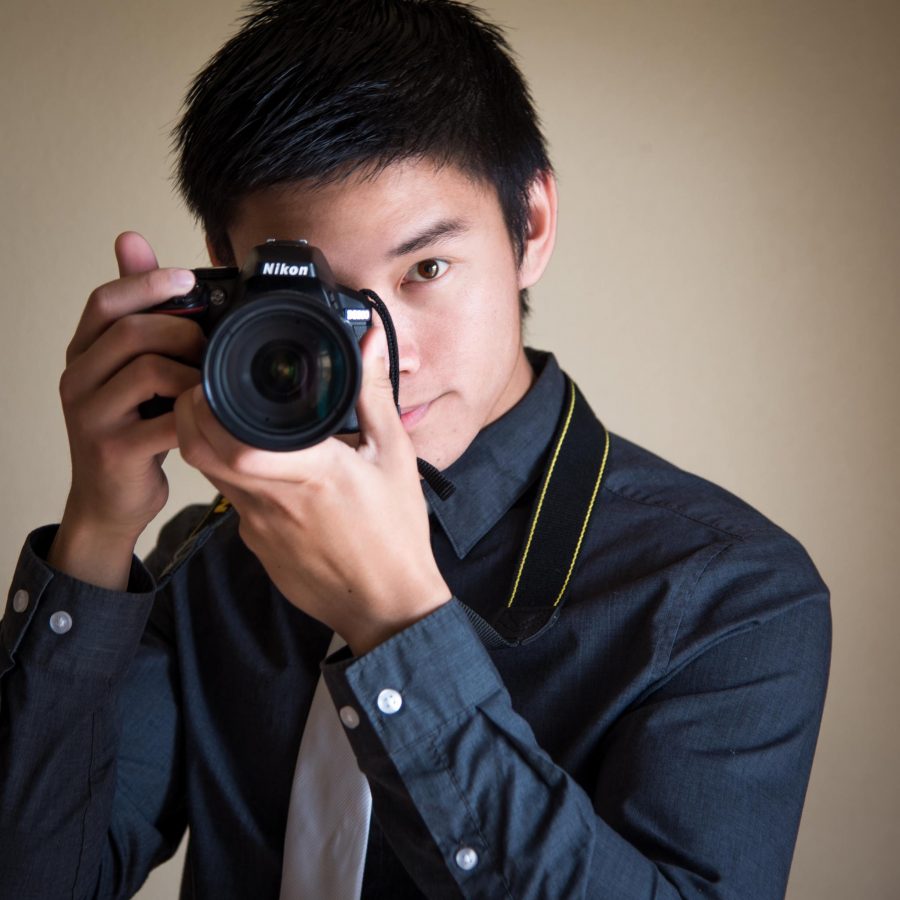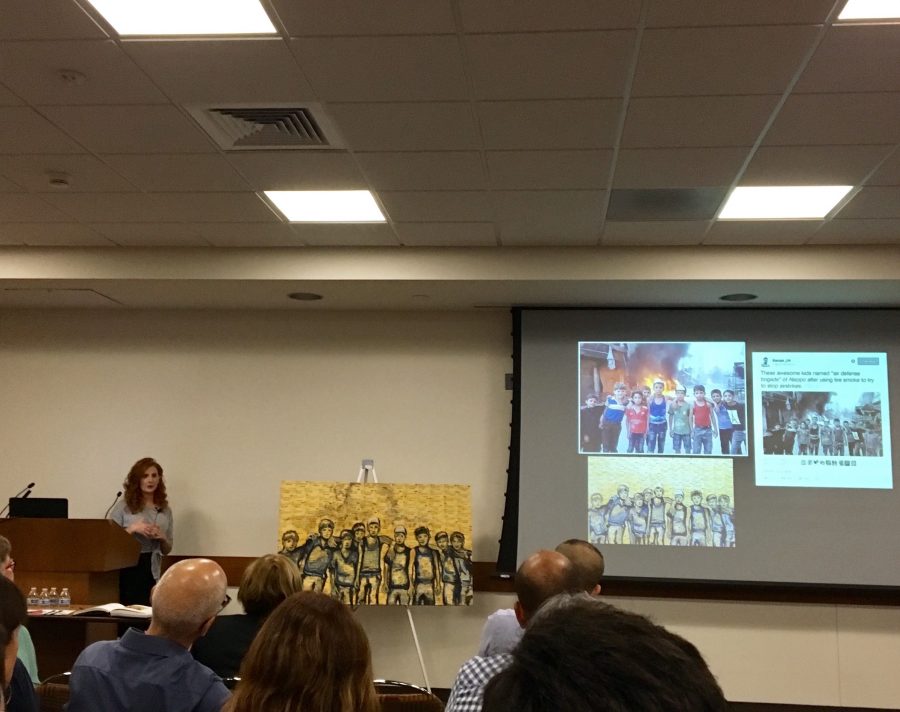
When Cold War fetishist John Milius wrote and directed the original “Red Dawn” in 1984, his fantasy of high school students using misplaced machismo to repel a Soviet invasion possessed enough testicular fortitude to make Russkies the enemy. In contrast, director Dan Bradley’s flaccid remake attempted to modernize the story by demonizing China, until the studio determined it would hurt Chinese box office receipts. The triumph of the free market forced Bradley to change all references of China to North Korea in post-production and burdened him with the unenviable task of making a country half the size of Washington seem capable of occupying the entire Pacific Northwest.
North Korea causes a power outage across the entire U.S., which apparently renders every military, police and government agency completely useless (no word on whether the Monroe Republic formed elsewhere). When Marine Jed Eckhert (Chris Hemsworth) and his high school quarterback brother Matt (Josh Peck) witness the execution of their father (Brett Cullen), presumably the only cop in the entire city of Spokane, they form a guerilla army of high school students with no discernible personalities or purpose other than to become cannon fodder. Matt goes rogue trying to rescue his imprisoned girlfriend Erica (Isabel Lucas) and, in the process, gets one of the aforementioned students killed, causing a rift between brothers and teaching a valuable life lesson about leadership. Of course, this development would matter to the audience if we cared about who was getting killed or why.
Rather than using this remake to explore Cold War paranoia, or even develop a lighthearted adolescent action movie, Bradley handles “Red Dawn” like “Platoon” for pubescents. He grievously miscalculates “Red Dawn” as a straightforward war film which forces the audience to take his ridiculous premise seriously, making the movie insufferable in the process. Any attempts to add unnecessary moral ambiguity amongst the oorah posturing, even though Milius’ “Red Dawn” was notoriously pro-American, results in facepalm-inducing lines such as, “In Iraq, they were the bad guys and we were the good guys because we kept order. Now, (the North Koreans) are the good guys and we are the bad guys because we create chaos.” Yay, America?
In the midst of guerilla warfare, the teenage terrorists stop by a Subway, where they load up on footlongs and engage in a lengthy discussion about how tasty the food is. If there is any question as to who really won the Cold War, product placement for a national fast-food franchise within Communist-occupied territory settles that dispute. How bad can our Communist overlords be if we can still “Eat fresh?”






